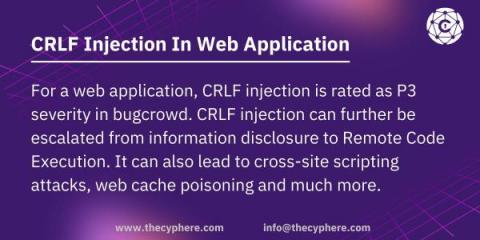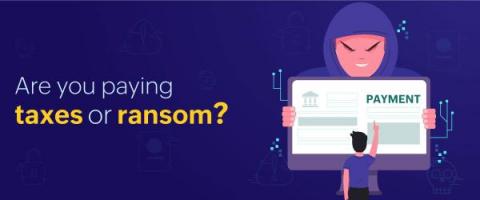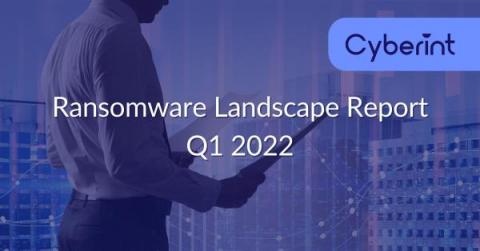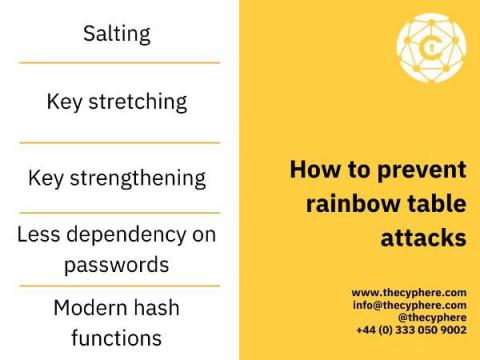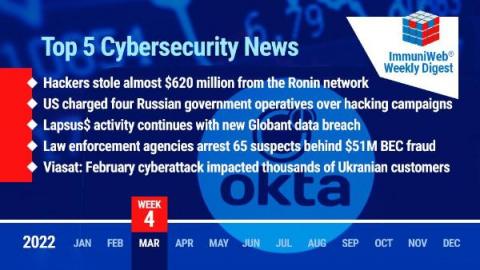Five worthy reads: Cybercrime and its impact on the economy
Five worthy reads is a regular column on five noteworthy items we’ve discovered while researching trending and timeless topics. In this edition, we’ll learn about how a country and global economy is impacted when a cybercrime happens, how every citizen is victimized, and what governments are doing to mitigate this rising issue.



